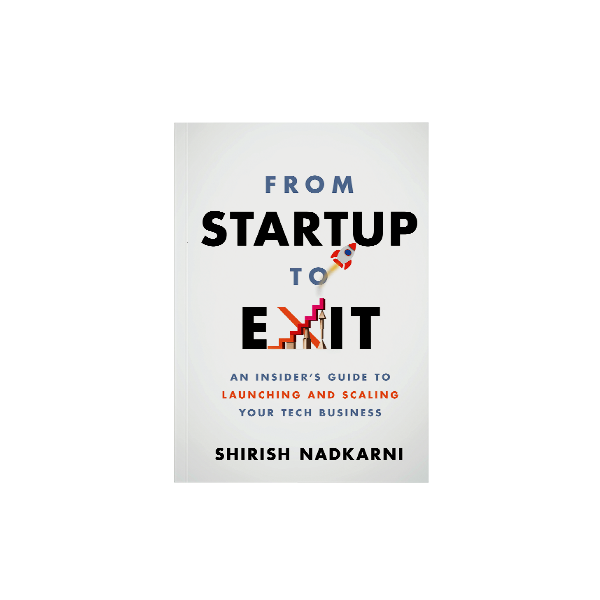Startups generally have had two methods for raising money — either in the form of debt (convertible note) or in the form of equity (a priced preferred round). A priced equity round has traditionally been quite expensive to execute and, as a result, startups have generally gravitated towards convertible notes to raise their funds. However, convertible notes have a number of issues (liquidation preference, bankruptcy risk) that make them problematic.
In 2010, lawyers from Fenwick and West started open sourcing a new set of documents called Series Seed that make it considerably less expensive for startups to raise a priced round. The documents used in a Series Seed financing typically have fewer terms compared to a full-priced round. They only have 2 sets of documents — an Investment agreement and a Certificate of Incorporation.
The key terms that Series Seed documents incorporate are as follows:
- Liquidation preference — the right for investors to get their money first in the case of a liquidation or sale
- Limited protective provisions (i.e., prohibiting the company from taking certain actions without the consent of the preferred stockholders such as changing rights of preferred stock, increasing authorized capitalization, creating senior series/class of preferred stock, redeeming stock, declaring dividends, changing board size, or selling or liquidating the company)
- Board seat(s)
- Pro-rata rights — Major purchasers have the right to participate on a pro-rata basis in subsequent financings.
- Drag along rights — if a majority of common shareholders, series seed shareholders and the board approve a liquidation or sale of a company then all shareholders have to vote in favor of the liquidation or sale of the company
What Series Seed documents do not include are:
- Anti-dilution protection — the right to get additional shares in a company if the company has a down round
- Registration rights — the right to register securities when the company goes public
- Right of First refusal and Co-Sale rights
Series Seed financings are increasingly being utilized for financings under $1 million. They typically cost a little more than a convertible note to execute, generally in the $10K to $15K range depending on number of investors and Due Diligence needed. The main benefit of a Series Seed financing is that the founders properly understand what dilution they are incurring with the financing and they are a lot less expensive to execute compared to a full priced round. I, therefore, recommend that founders utilized Series Seed financing docs if they are raising between $500K to $2 million in financing.
Financings over $1M to $2M typically will utilize a full set of documents from the NVCA (surprisingly, these are also referred to as Series Seed docs). The cost of executing a full set of docs can range from $15K to $50K as generally there are more terms to negotiate and more due diligence to conduct.
……………………………..
If you liked this article, check out my book that covers all aspects of the entrepreneurial journey.

